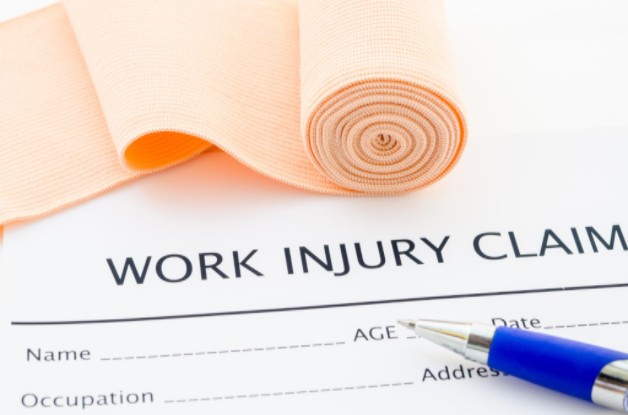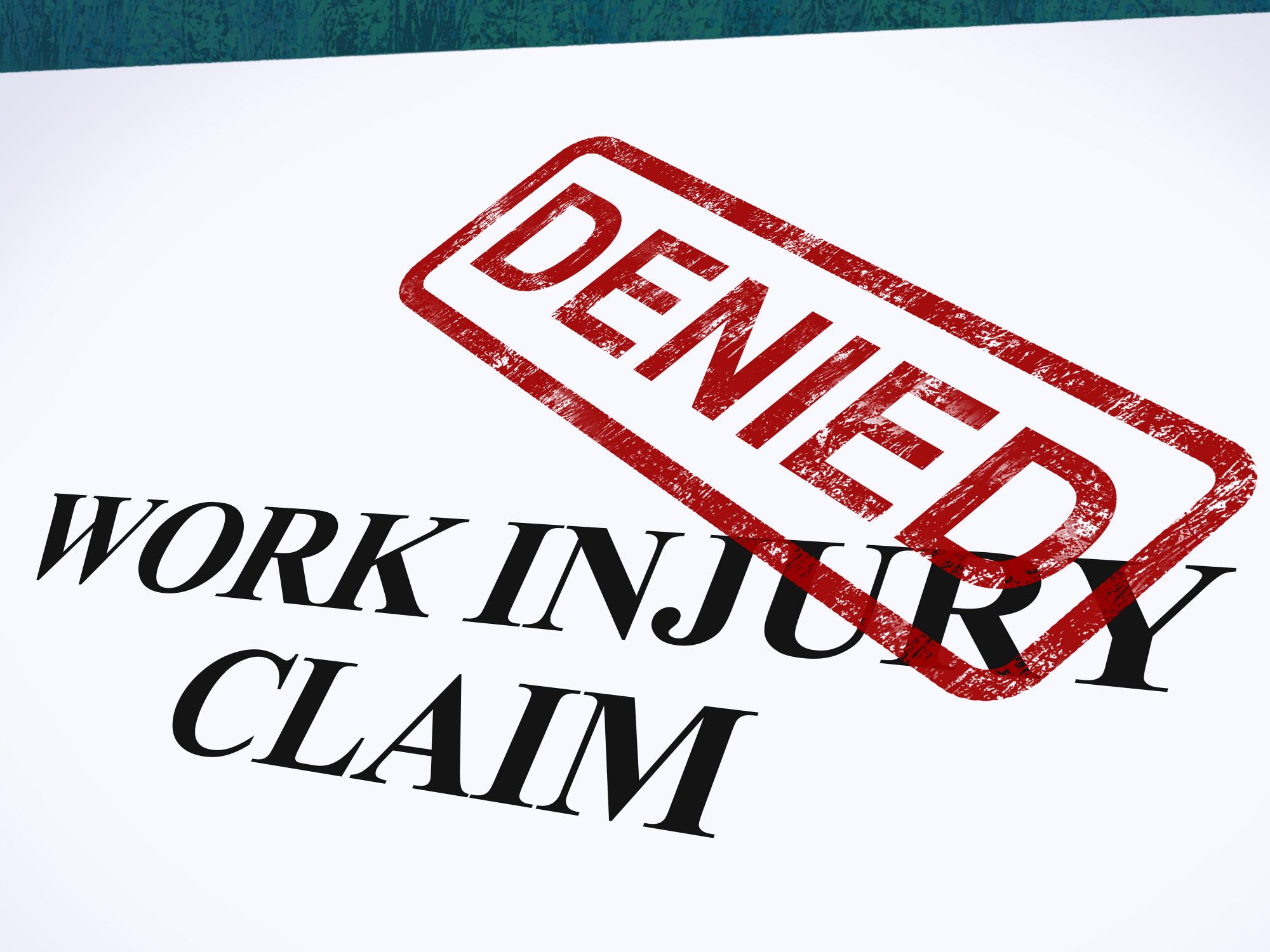
Learn if you qualify for workers’ compensation benefits and how to file a claim
People who work with their hands for extended periods are at risk of developing occupational carpal tunnel syndrome. In fact, according to a study conducted in California by the Centers for Disease Control and Prevention (CDC), 6.3 of every 10,000 workers who filed a workers’ comp claim from 2007 to 2014 were diagnosed with carpal tunnel syndrome.
Fortunately, workers who develop carpal tunnel syndrome while on the job may be eligible to receive workers’ compensation benefits. If you experience the symptoms of carpal tunnel syndrome while on the job, contact a workers’ compensation lawyer to learn how you can file a workers’ compensation claim.
Symptoms of carpal tunnel syndrome
The carpal tunnel is a narrow passageway that is formed by the carpal bones in the wrist. Characterized by numbness and tingling in the arms and hands, carpal tunnel syndrome occurs when the median nerve, which travels from the hand through the wrist, is compressed.
Symptoms that may suggest you have carpal tunnel syndrome include the following:
- Tingling or numbness in the fingers
- Difficulty maneuvering your fingers and hands
- Difficulty gripping of holding onto items
- Reduced hand strength
- Increased swelling in your wrists and hands at night
Causes of carpal tunnel syndrome
Several factors and health conditions may contribute to carpal tunnel syndrome. The most common factors include:
- Pregnancy
- Menopause
- Genetics
- Obesity
- Certain medical conditions like arthritis, kidney failure, thyroid disorders, diabetes and lymphedema
- Inflammatory conditions like rheumatoid arthritis
- Certain cancer drugs
- Work duties involving assembly line work, vibrating machinery or repetitive tasks
Jobs that lead to carpal tunnel syndrome
Carpal tunnel syndrome is most often associated with office workers whose job duties require extended periods of typing. However, the condition affects workers in many other occupations, including:
- Cashiers
- Assembly line workers
- Construction workers
- Rideshare, delivery and truck drivers
- Painters
- Farmers
- Janitors
- Meatpackers
- Medical professionals like surgeons and radiologists
- Hairdressers
- Locksmiths
- Carpenters
- Sewers, seamstresses and garment workers
Do I qualify for workers’ compensation insurance?
Specific workers’ comp laws vary from state to state. Nevertheless, most states require businesses that employ more than a specified minimum number of employees to carry workers’ comp insurance for employees who are injured on the job.
Injured workers may file a claim through their employer to receive benefits if their case meets certain criteria. Generally, injured workers are only eligible if their injury took place in the course of their employment while performing job duties.
Additionally, most workers’ compensation laws only apply to workers who are classified as employees. Independent contractors are generally not eligible to file a workers’ comp claim through an employer.
However, some states and individual employers make exceptions and provide coverage to independent contractors under certain circumstances.
Is carpal tunnel covered under workers’ comp?
Workers’ compensation programs generally cover carpal tunnel syndrome if the injured worker developed the condition while performing job duties. Injured workers are required to prove they have carpal tunnel syndrome and establish a causal connection between their injury and their job.
To prove the injury and causation, the injured worker must be examined by a doctor who will provide medical documentation.
How do I file a workers’ compensation claim for carpal tunnel?
In most states, the first step to initiate the workers’ compensation claims process is for workers to report their work-related carpal tunnel injury to their employer. The employer will generally report the injury to its insurance company.
Next, the insurance company will require the worker to receive a medical examination. An approved physician will examine the injured worker and confirm the injury. In addition to confirming the injury, the doctor will generally create a treatment plan. The objective of the plan is to help the worker heal and eventually return to work.
Employers may also be required to make workplace accommodations for injured employees or provide vocational rehab.
Each state specifies a limited amount of time within which injured workers must report their injuries. Failure to report an injury within the specified timeframe will typically prevent an injured worker from collecting any workers’ comp benefits.
4 Steps to Filing a Workers’ Compensation Claim
If you are injured, you have the responsibility to follow several steps to secure your rights to workers’ compensation…
Can I appeal a denied workers’ compensation claim?
States generally specify an appeals process injured employees may utilize to challenge the outcome of their workers’ compensation claim. In most cases, injured workers can make a request for the insurance company to reconsider the claim or file a formal appeal.
Each state’s workers’ compensation board handles formal appeals. A workers’ comp attorney can request insurance reconsiderations and file formal appeals on behalf of injured workers.
The 5 Most Common Ways You Can Be Denied Workers’ Comp Benefits
Learn about the common reasons for denied workers’ compensation and learn how to protect your rights. This comprehensive guide provides insights into the denial process, potential challenges, and steps you can take to navigate the system effectively and ensure you receive the compensation you deserve.
Contacting a workers’ compensation attorney
Carpal tunnel syndrome develops in the joints over time. Therefore, workers may encounter challenges in proving their injuries. An attorney who specializes in workers’ compensation claims can be an invaluable asset in these cases. An attorney can help an injured worker file their claim in a timely manner and challenge any outcomes that are not in the worker’s best interest.
If you work with your hands and are experiencing pain in your wrists, hands or arms, notify your employer and visit a doctor. Then contact an experienced workers’ compensation attorney, and request a case evaluation to ensure your rights are protected.




